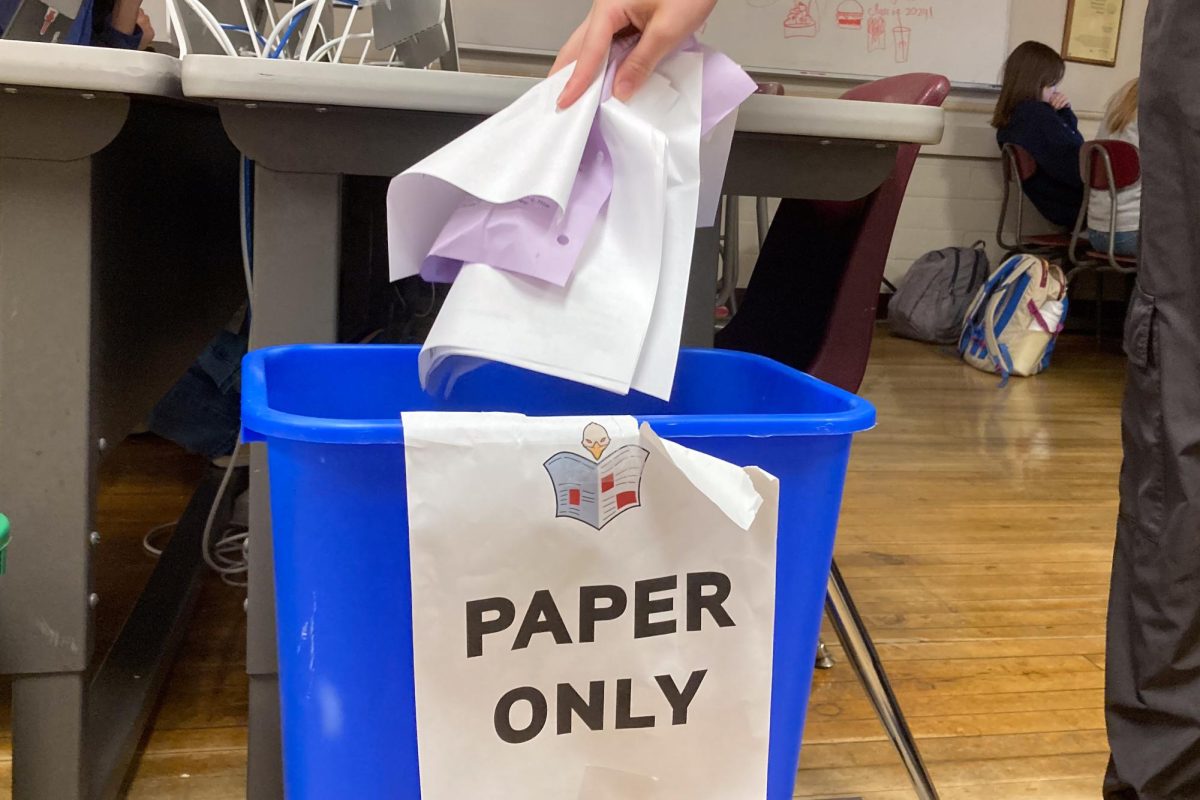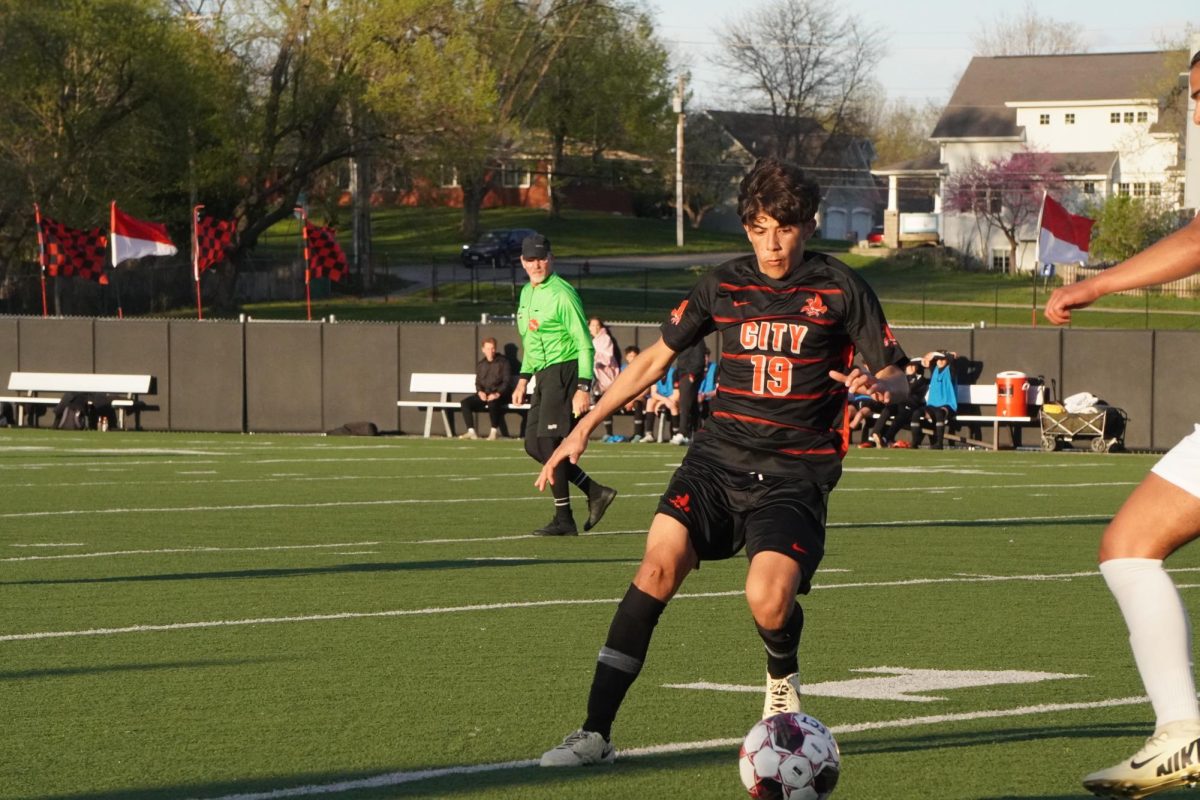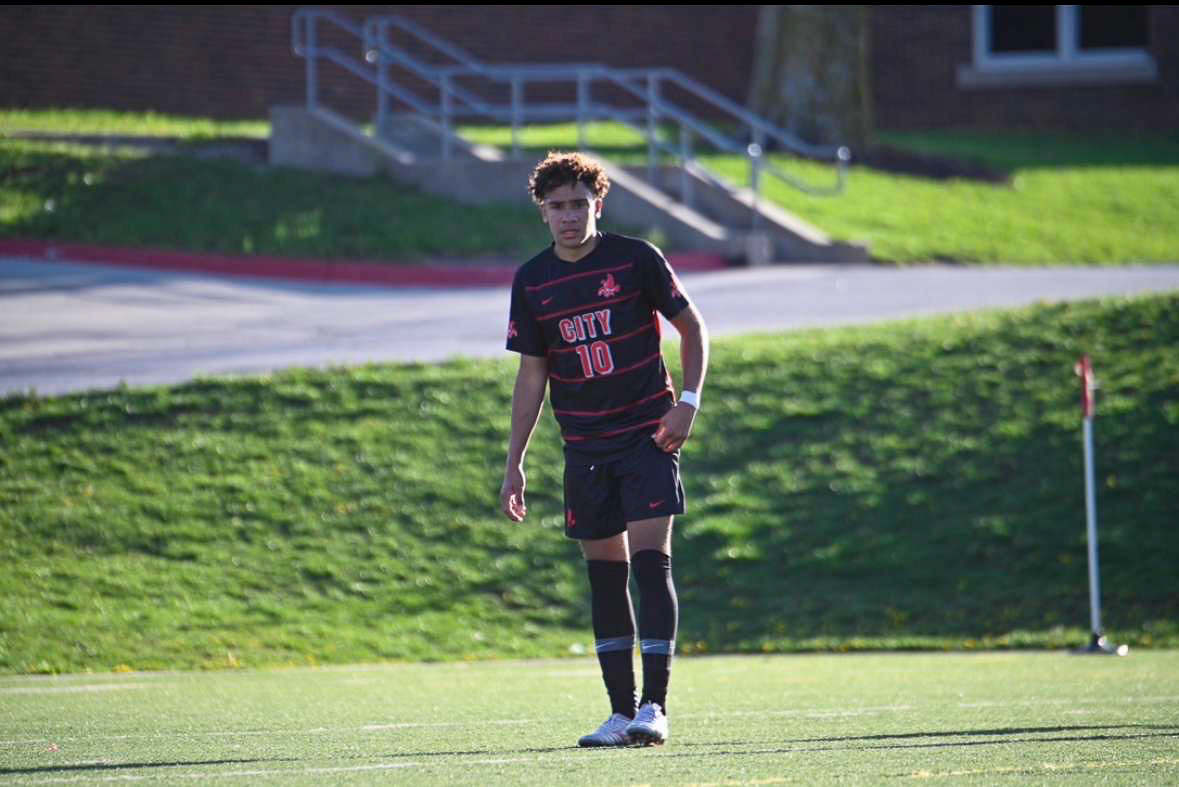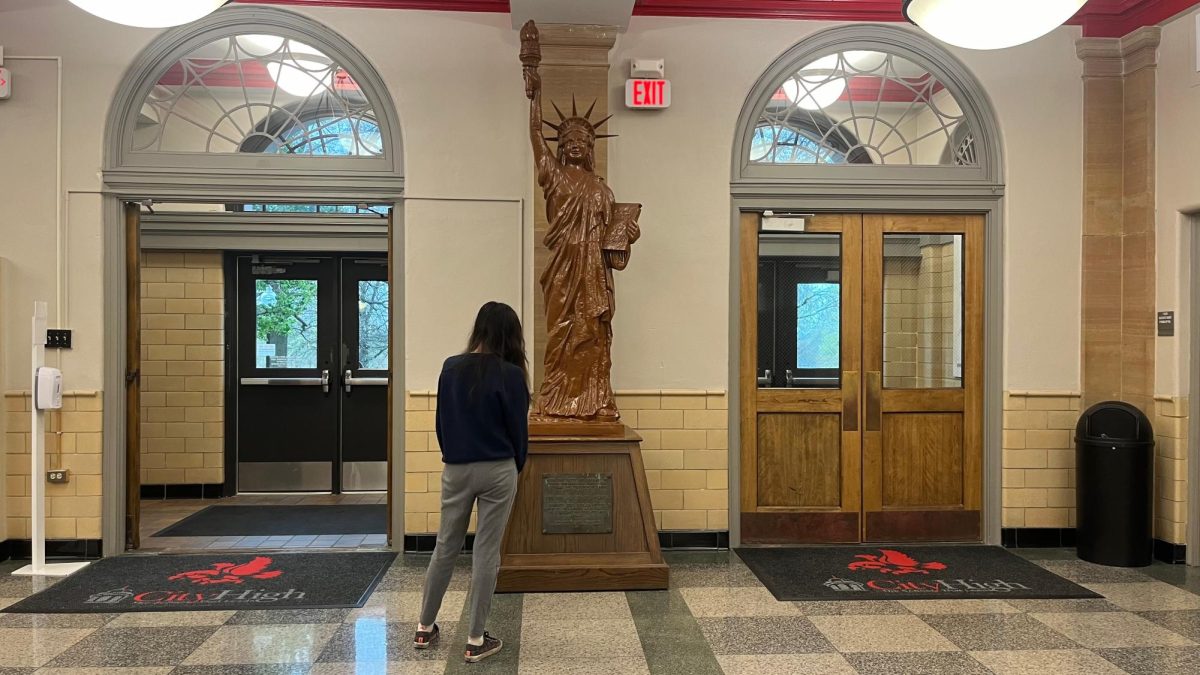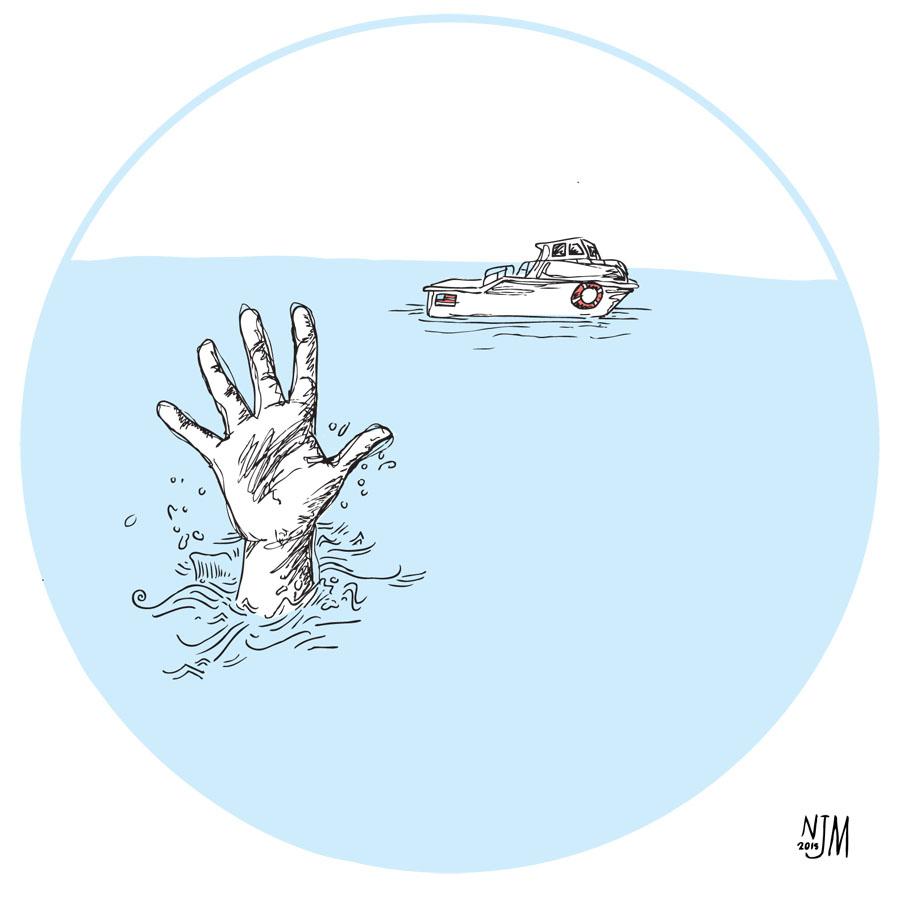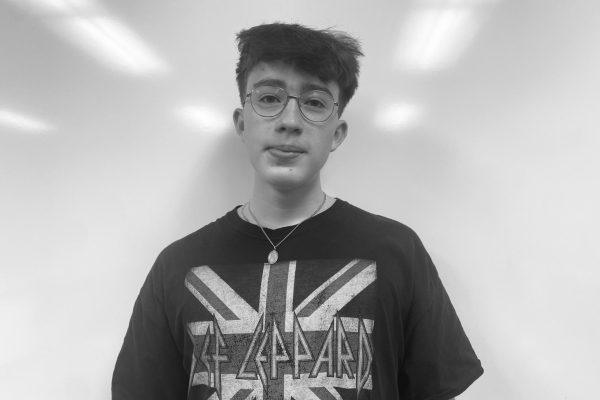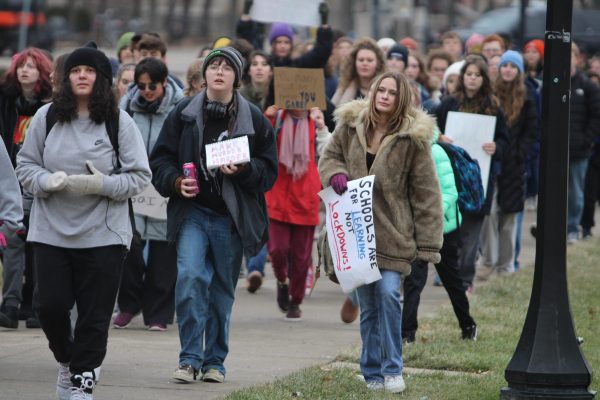With Open Arms
On Friday, November 13th, the city of Paris was gripped with fear as a series of coordinated terrorist attacks killed over one hundred people. Later, German chancellor Angela Merkel offered her condolences, telling the people of France that “we, your German friends, are so close to you. We are crying with you.”
This expression of remorse for a city in mourning was met with attacks on the chancellor’s policies on refugees. Merkel, who has been accepting of refugees coming to Germany from Syria and other Middle Eastern countries, was criticized for allowing refugees to enter the country, and many of these critics stated that terrorists could use the refugee crisis to easily gain access to a country that they want to attack.
However, these people were missing one important fact: the majority of the attackers were not actually refugees, and the majority of terrorists overall are not even foreigners, but are actually “home-grown” terrorists. In fact, only one of the attackers in Paris was suspected to have entered Europe as a refugee. This is consistent with statistics; 80 percent of terrorist attacks in the US since 9/11 have been committed by US citizens, and there has not been one single domestic terrorist attack committed by a foreign organization since then.
Those concerned about threats to the US should know that refugees must undergo an incredibly thorough screening process before getting refugee status. This process can take months or even years, and includes several rounds of background checks, interviews, and other security checks. Many are turned down throughout this process if there is any doubt at all about their motivations for coming to the US.
These refugees have been forced to leave their home countries, their lives, and often their families, only to be met with suspicion and ignorance while seeking a safe place to live, receiving hate from the people who should be welcoming them with open arms. If the US is going to continue to claim a place as a world superpower, we must step up in this situation. We cannot sit idly by while innocent people are displaced and killed. It is our responsibility, as a country that has the ability and resources, to help.
Yes, we must have a screening process. Yes, we must perform background checks. But there is a difference between being cautious and being completely xenophobic, a difference between ensuring the safety of our own citizens and endangering the safety of others. No, these people are not US citizens. They are, on the surface, different from us. But that does not mean that their lives are not just as valuable as ours. It does not mean that they should be expected to stay in an extremely dangerous situation just because they were unlucky enough to have their home country turned into a war zone. It does not mean that we should care any less about their lives, their safety, and their human rights.
Still, even though refugees do not pose any danger, many are calling for the US to stop letting in refugees from the Middle East. This will not help to prevent terror, and will in fact only increase the growing divide between the East and West, which is the opposite of what we need right now.
What we need right now is international cooperation, diplomacy, and education, not fear, ignorance, and hate. Turning away refugees and accusing them of being terrorists only contributes to an “us and them” mentality, which will only lead to more disunity and reinforce the idea that the West and East are enemies.
This situation is also more than just politics. More than anything, we need to exercise some simple human compassion. These refugees are victims of a war that has torn apart their country, not scheming terrorists trying to play the system. They are often fleeing because of attacks by the same groups some think they are a part of. They deserve a chance at a life free from war and fear.
Refugees are human, just like we are, and they have the same rights that we do: rights to a safe place to live, work, and raise their children, rights to human decency and kindness as they seek these things. Instead of seeing them as foreigners, as people completely different from us, as terrorists or potential threats, we should see these refugees for who they are: human beings, potential colleagues and neighbors and friends.
Your donation will support the student journalists of Iowa City High School. For 2023, we are trying to update our video and photo studio, purchase new cameras and attend journalism conferences.

I'm a sophomore, and this is my first year on newspaper staff. I'm a member of the City High band and I spend most of my time outside school at dance....




